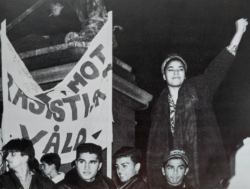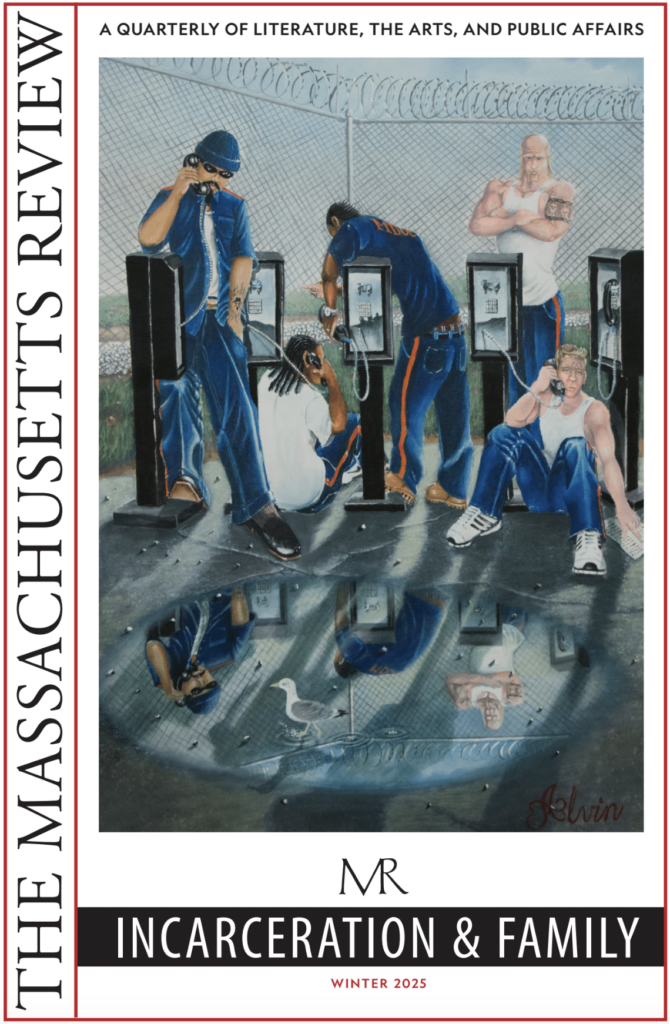
Interview with Michael Fischer
Editor’s note: Going forward, our author interviews will be moving away from the 10 Questions series and instead will take different forms depending on the author’s wishes. We’re hoping this provides a more diverse and specific reading experience, and also makes room for author-led creative projects and discussions down the line! “My . . .
Read More









